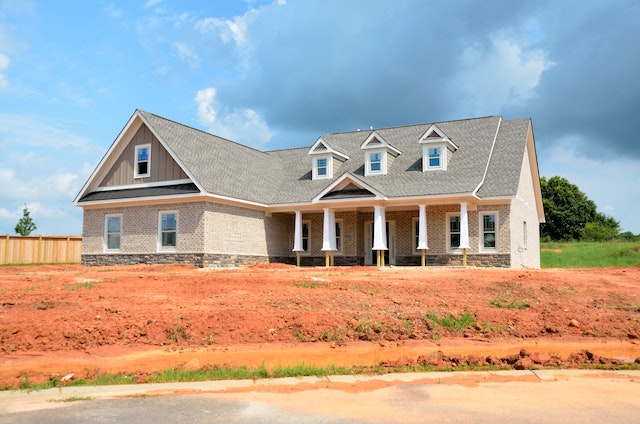Property is one of the biggest investments we are likely to make in our lives. Instead of spending our earnings on renting, buying real estate allows us to funnel them into creating an asset. Whether we want to buy it to live in or rent out, it can be a source of security and income.
But it’s important to make the investment with care because it can make a big difference to our net worth. Paying attention to details is crucial to determine how much the property value can rise over time. Aspects like the safety and reputation of the area we buy in are key. So are design elements. Clean, open designs with plenty of natural light are popular. Here are a few do’s and don’ts to consider before making a property purchase:
Do’s
- Know your budget: If you are buying a house to live in, the simplest way is to look at the monthly spending and saving. Consider the rent payments and any other regular savings that are made. Add in any lump sum that you might have. These will give a good idea of the property value to target.
- Outright purchase or mortgage: Buying outright might be less complicated if we have the lump sum required for the purchase. However, a mortgage could allow us to buy a higher-priced and better property. If interest rates are low, the cost might be relatively low. It frees up the investible cash for potentially high-return investments. A mortgage is of course the solution if we have a lumpsum sufficient for a down payment.
- Research the market: Once we know the spending to make, the areas and properties are easier to narrow down. Online real estate portals and books on properties can help in understanding the market better. For commercial property buyers, even property prospecting tools like this one, can help determine what to buy.
- Seek advice from accredited agents: Property agents with credentials can be valuable in providing you with buying options. They can be trusted to work with a range of budgets and properties. Sometimes they even recommend properties that might yet not be on the market.
Don’ts
- Expect overnight returns: The property market has its ups and downs. It’s possible that the property can decline in value during some periods. But over time, it can still rise if a considered decision was made. Rental properties might start giving returns right away. But there can be dips in the rental market too. A long-term perspective will help here.
- Underspend: Safety checks are vital whether we want to live in a property or rent it out. Skipping on these can slow down the rental process or lower rentals, besides being potentially dangerous. Similarly, quality furnishing can raise the rental value and lower recurring expenses on maintaining the house.
Keeping these dos and don’ts in mind can help in getting ahead on the property ladder. A good first purchase can increase market value. This in turn can help in buying a possibly bigger, better property the next time around. Alternatively, it can help in increasing the size of the property portfolio.
Don’t rush the process
After staying high for the past few years, property prices have started relaxing a bit now. It can be tempting to make a purchase right away. But the key takeaway from this discussion is that the process shouldn’t be rushed. We don’t want to end up with a property that is unlikely to appreciate or bring us a worthwhile rental income.
That’s why we need to consider the best purchase we can make with our budget. Researching the market for properties that offer security and have sought-after designs are some elements to consider. Seeking advice from established agents is also important. It would pay to remember, however, that property is often a long-term investment, so keep that in mind when the market is down.
Related Posts











